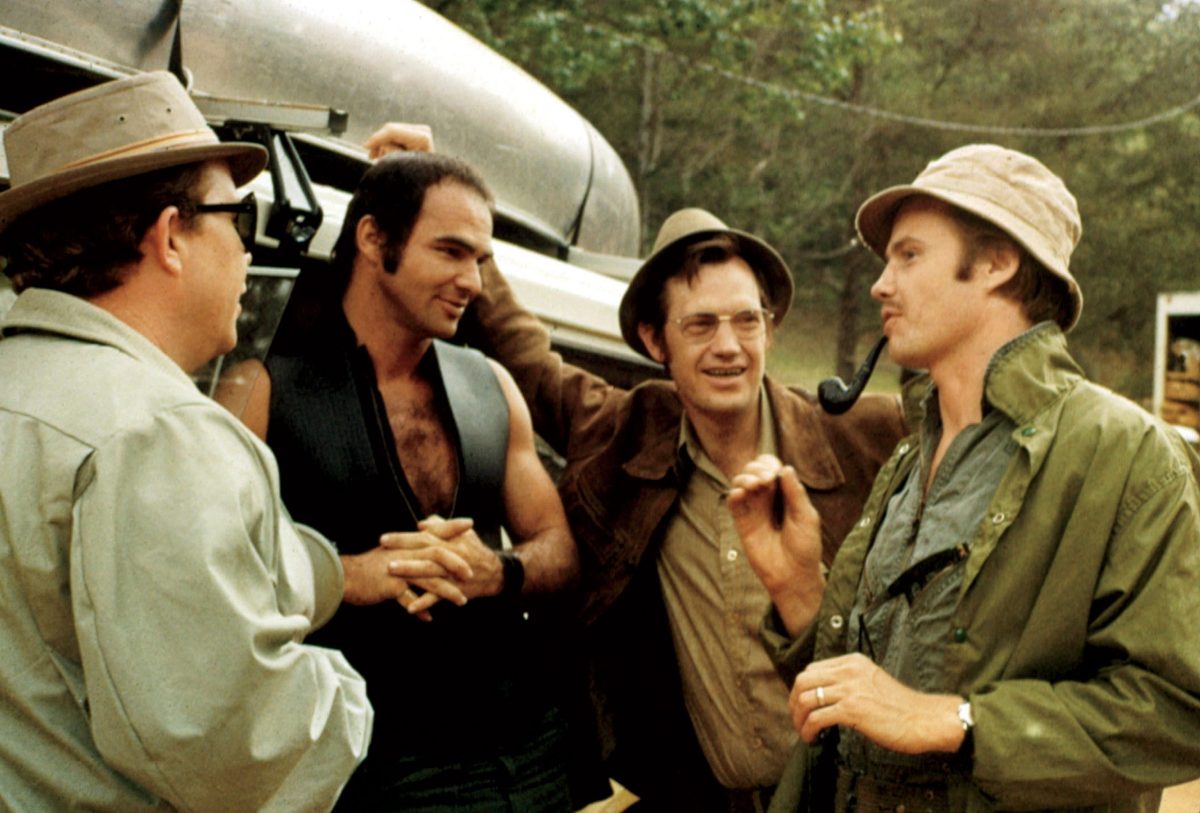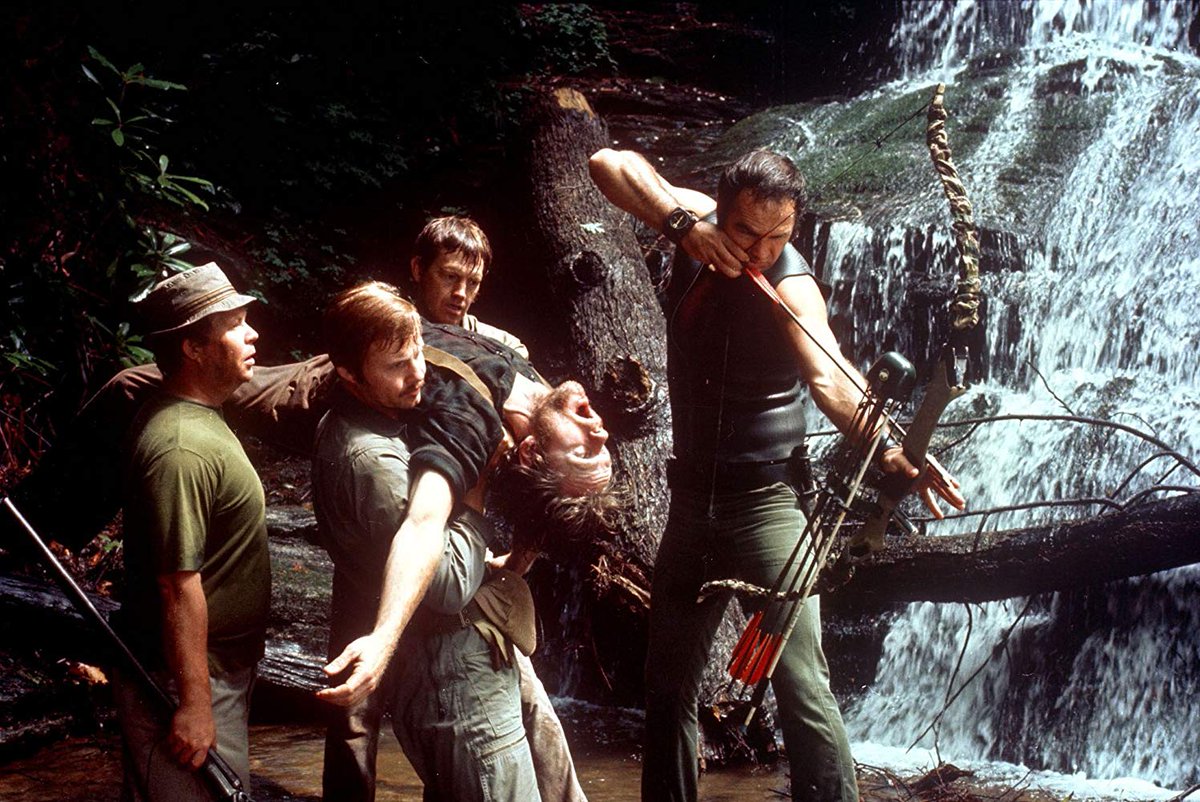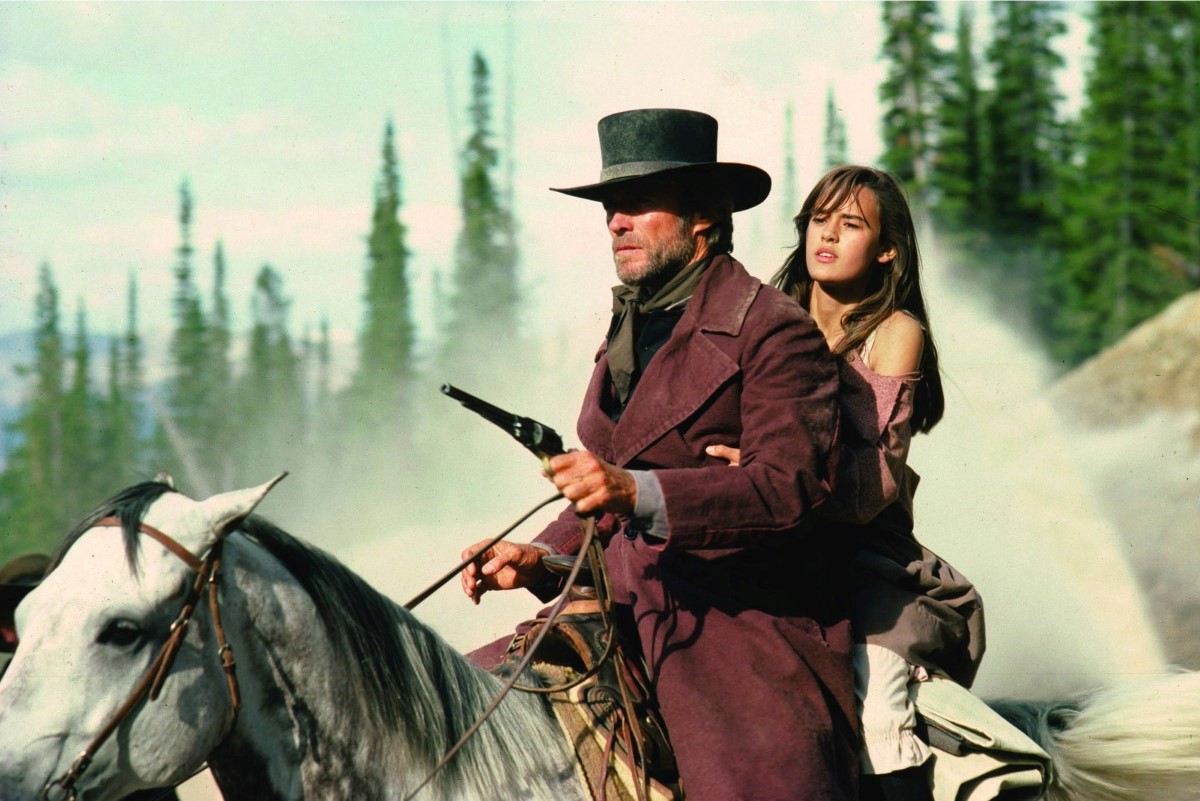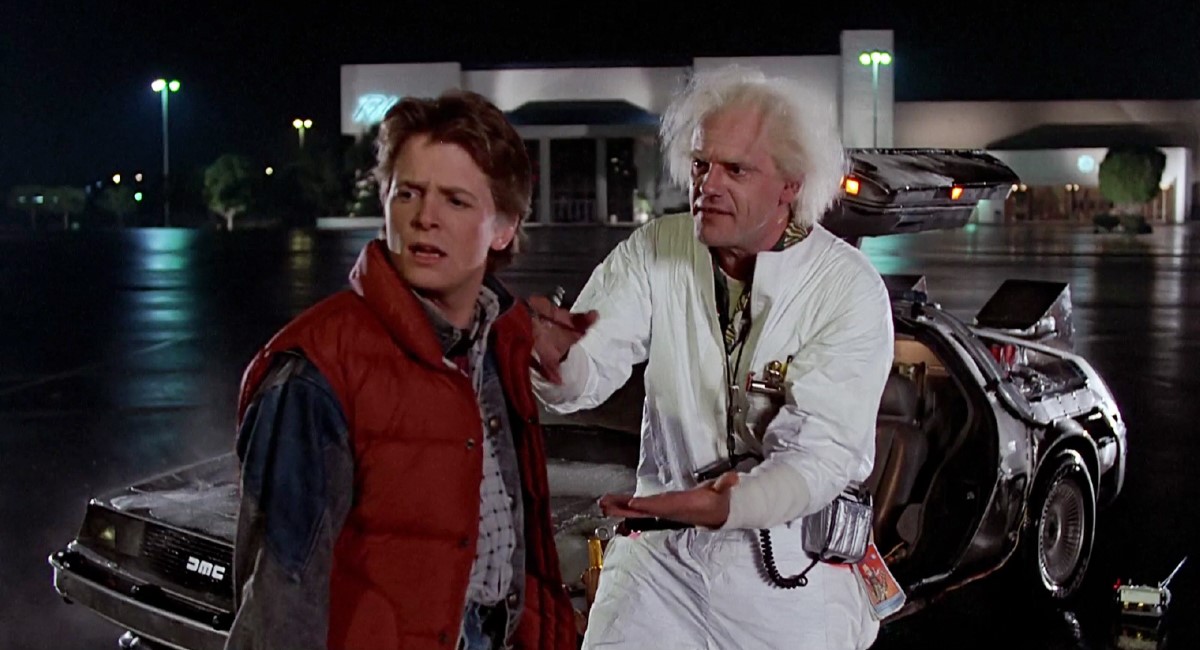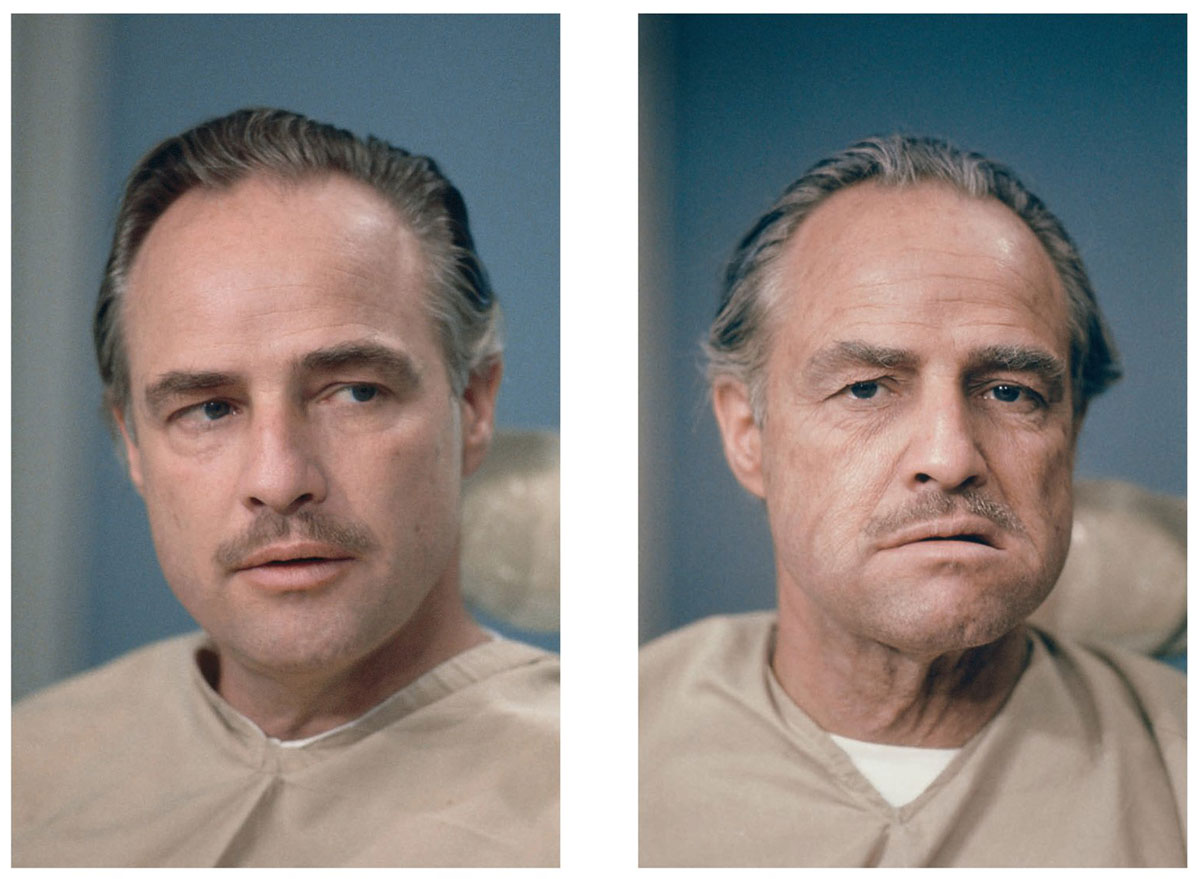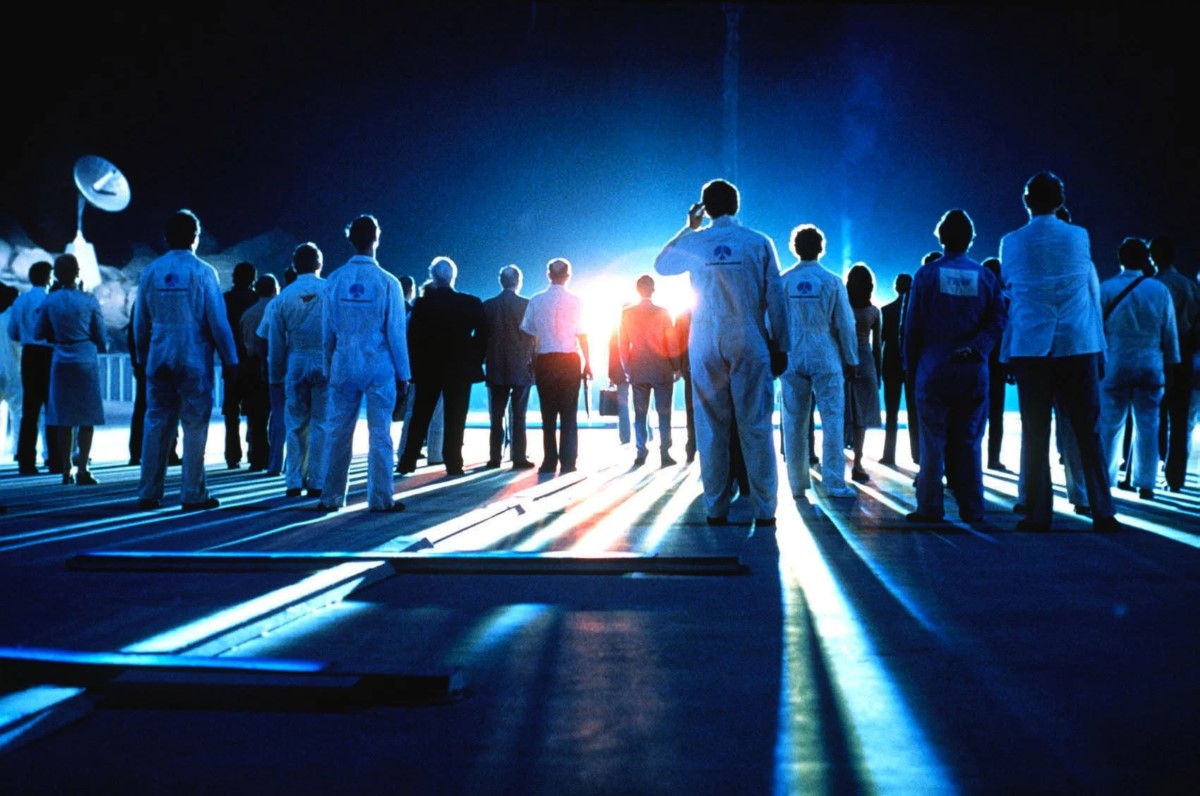THE DISCREET CHARM OF THE BOURGEOISIE (1972) – Review by Robert Hatch [The Nation]
By setting his film in the surreal world of dreaming, Buñuel casts himself as a jester rather than as an Old Testament prophet, crying “Woe, woe.” Awake, this assemblage might have been too much for the old man’s equanimity; while they sleep, it is enough that he skip about them, poking them keenly with his rattle.

